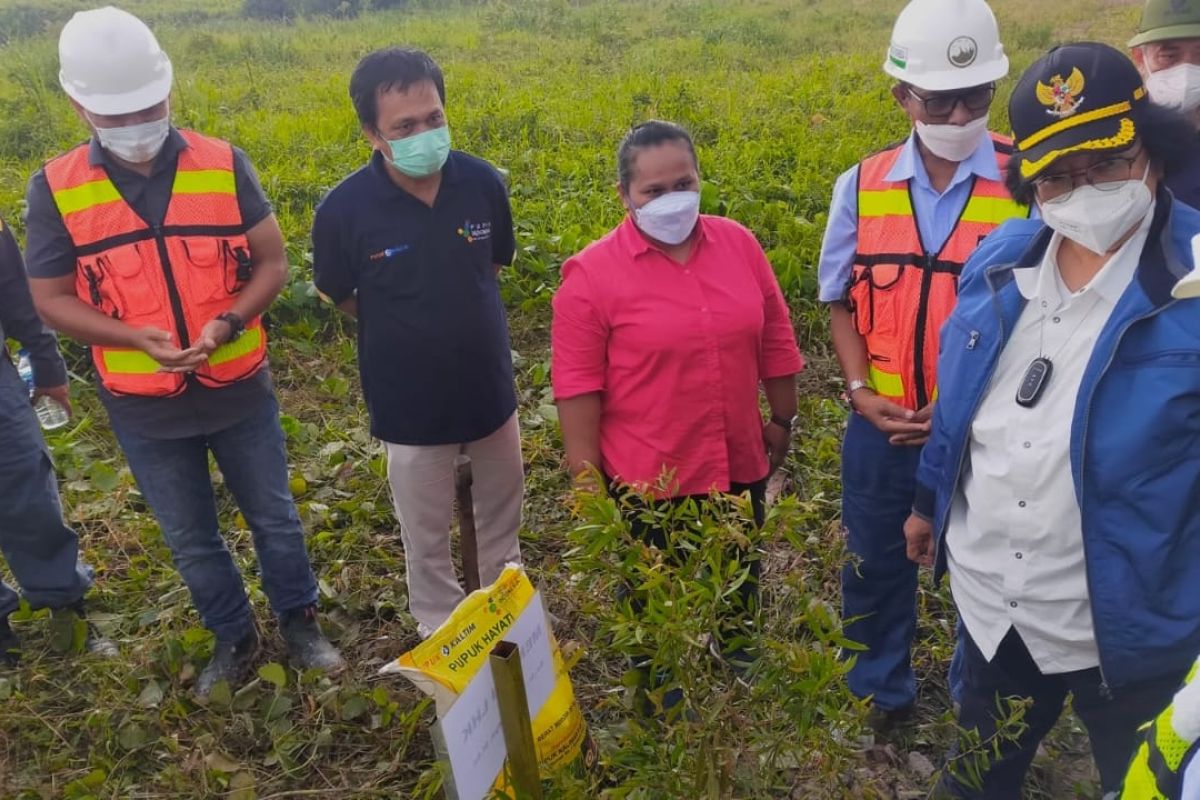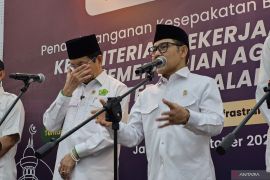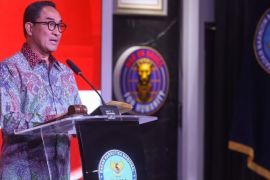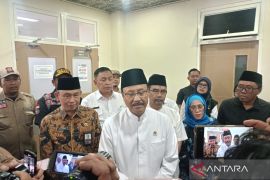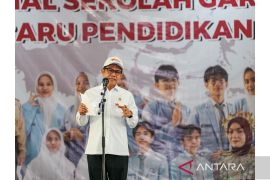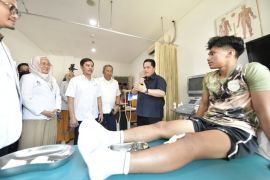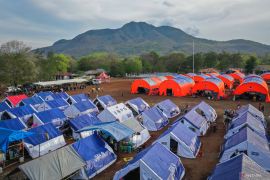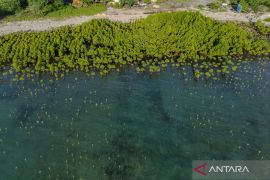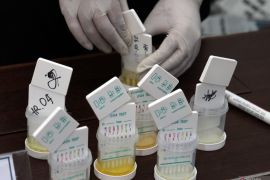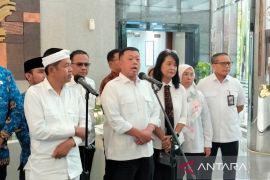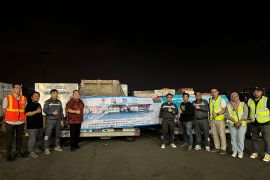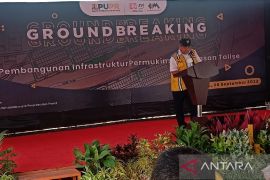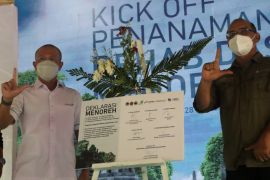The ex-mining land areas in Makroman, East Kalimantan, and Monterado, West Kalimantan, are being rehabilitated, so they could once again offer tangible benefits for the environment and society.
Environment and Forestry Minister Siti Nurbaya Bakar stated that the government continuously implements the Forest and Land Rehabilitation Program and conducts reclamation of former mining land to improve quality of the environment. She delivered the statement while observing the land in Makroman, Samarinda, where work was underway.
"We are striving to rehabilitate and optimize the ex-mining land into a eucalyptus agrotourism area, with expectations that environmental recovery would go hand-in-hand with an increase in welfare of the surrounding community due to the rise in job vacancies," Bakar noted in a written statement received here on Tuesday.
Director of Operations and Production of PT Pupuk Kalimantan Timur Hanggara Patrianta remarked that as a company that has an operational base in Kalimantan, it pays great attention to and contributes to maintaining the quality and function of the environment for sustainability.
"Hence, this strategic collaboration with the Environment and Forestry Ministry is a tangible manifestation of our principle to maintain the balance of the 3Ps (people, profit, and planet). We believe that our innovative agricultural technology and environmentally friendly fertilization could help increase the value of the ex-mining land both for the environment and the surrounding community," he affirmed.
Currently, the area of the former mining land in Makroman to be rehabilitated in the form of a demonstration plot reaches 0.5 hectares, while 14.8 hectares have been dedicated for development in the form of an integrated swamp.
A similar research initiative for land restoration was conducted by the ministry and Pupuk Kaltim in the past through the establishment of the first demonstration plot in the Tengkawang Arboretum area, Monterado Village, West Kalimantan. The land was a former illegal gold mine spanning 8.77 hectares.
There was also an attempt to conduct revegetation of the former mining land with adaptive plants, such as eucalyptus, which was expected to be able to enrich soil nutrients at a quicker pace. If eucalyptus plants were managed properly, it could produce eucalyptus oil as a final product, which has economic value.
Pupuk Kaltim, as the largest urea fertilizer producer in Indonesia, has the capacity to rehabilitate land by applying agricultural technology, ranging from land processing to fertilization.
Related news: Nursery to be built support forest rehabilitation in W Kalimantan
The subsidiary of Pupuk Indonesia will use agricultural technology called Smart Bio Ball to reforest the ex-mining land.
The Smart Bio Ball technology takes the form of a mini ball containing various beneficial bacteria, microorganisms, pioneer plant seeds, humic acid, hydrogel, and organic matter carrier.
Its miniscule shape makes it easy to spread it in areas of the ex-mining land that are otherwise difficult to reach. It could be spread using slingshots or other stocking tools. When the Smart Bio Ball is exposed to water, the seeds will begin to germinate and the microbes will grow together and form an ecosystem that supports the growth of plants.
Patrianta lauded the ministry's trust in his company to conduct the restorative efforts. He is confident that consistency would help to successfully achieve the objective.
Related news: Environment Ministry seals 42 company lands to fight forest fires
Translator: Ade Irma J, Mecca Yumna
Editor: Rahmad Nasution
Copyright © ANTARA 2022
